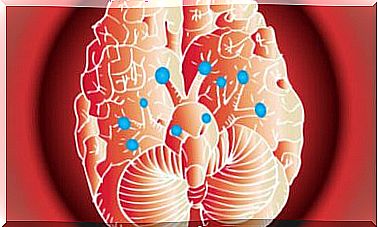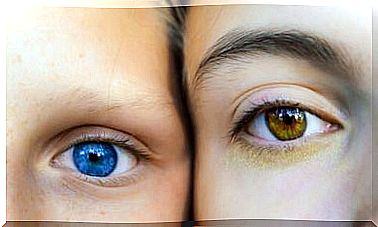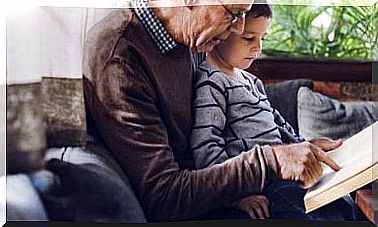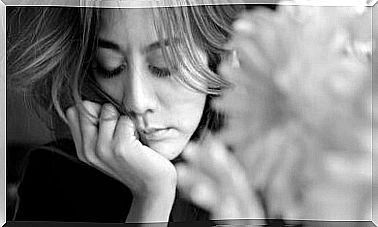How To Recover Lost Habits In Children
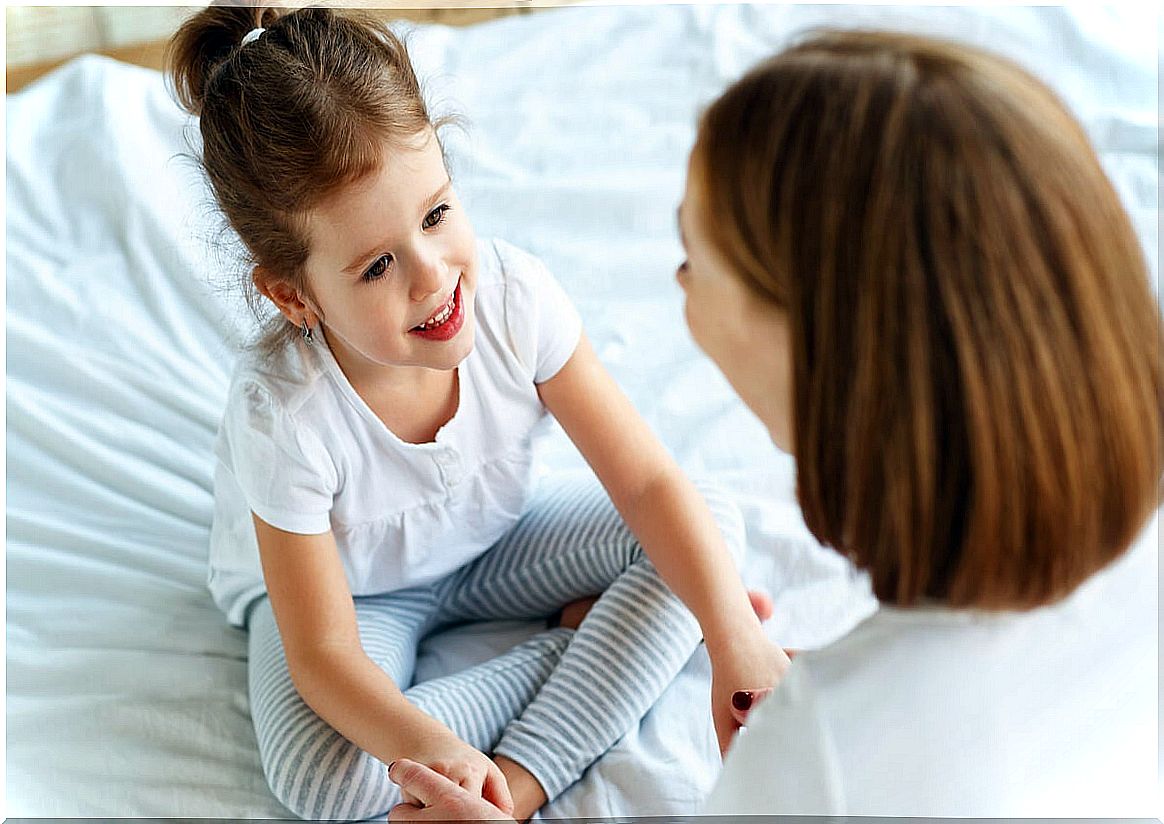
For a moment, imagine the desperation of parents who, with much effort, managed to get their little one to make his bed in the morning. However, one day, without really knowing why, he stops doing it. Can lost habits be recovered in children?
The answer is yes. But why does the child suddenly stop making the bed when he seemed to have adopted the habit? Therein lies the crux of the matter. We have to go to the causes, to the motivation of such a situation, and not stay in the consequences, letting ourselves be carried away by despair.
As Newton’s scientific principle says, every action has a reaction. The reason why a child can quit a habit can be very varied. Is there a new child in the family? Do parents spend more time away from home? Have you moved and the little one has changed schools?
It is not always easy to detect the fact that has caused the child to quit a habit. It is necessary to investigate, reach the origin and, once discovered, put in place the mechanisms for its recovery.
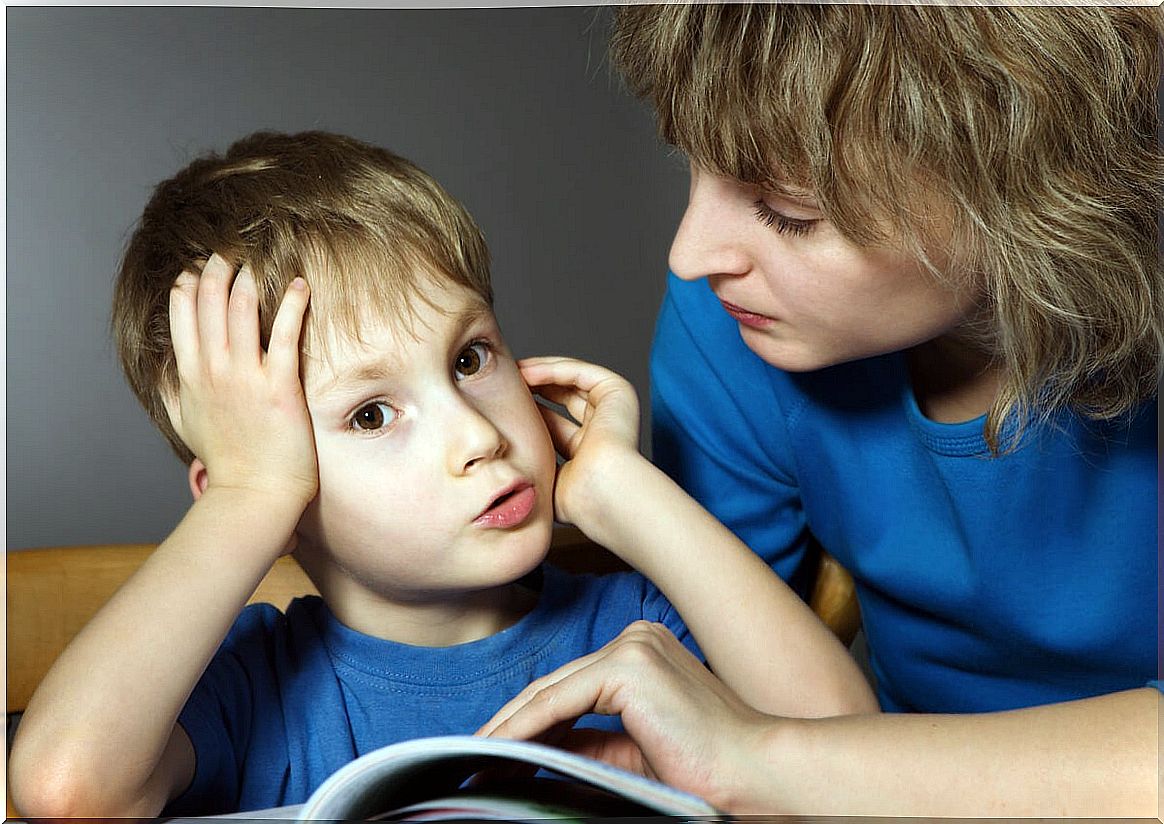
Recover lost habits in children under 6 years of age
Obviously, it is not the same to work on the recovery of habits in children of 3 or 5 years old than in adolescents and preadolescents. Following Piaget’s thesis on cognitive development, we will have to know the little one at each stage and act accordingly.
At these early ages, although it may seem surprising, we find the ideal time for the little ones to regain habits. With sensible conversations with them and putting emphasis, we will achieve that they assimilate the changes and return to the price point to the involution.
Remember, to talk to your little one, use empathy to put yourself in his place. With simple words, games and adaptations to their age, without saturating and without imposing too many norms or too restrictive norms, little by little, with patience, recovering a habit.
Recover habits in children up to 12 years of age
When children overcome the physical barrier of 6 or 7 years, they change their stage of development, improve their reasoning skills and, therefore, begin to better understand the world around them.
Thus, in this phase the child has a greater capacity to adapt to new situations, wants to be listened to with more emphasis and begins to learn to express his emotions.
We can take advantage of this situation to reason with the little one, to logically explain the need to resume lost habits, to validate their emotions and to look for alternatives by talking, simplifying, negotiating and finding mutual agreements to reach common meeting points.
Recover habits in young people from the age of 13
This phase is more complex. We have to consider that children, whether adolescents or pre-adolescents, are perfectly aware of what is happening around them. They are in full transition to adulthood.
At this time, young people may be more reluctant to follow some rules. They want more autonomy, they spend more time with their peers – who have other rules at home – a fact that could generate conflicts and act as an accelerator for the feeling of being treated like children.
Be that as it may, the attitude that will help us will be one that is open to dialogue . It is important to listen to them to be in a position to assess and validate their emotions, negotiate whenever possible, and avoid imposition without justification as to why the restrictions.
At this time, we must consider that the social sphere is a basic pillar in the development of the young person : their friends will be very important for their emotional growth.
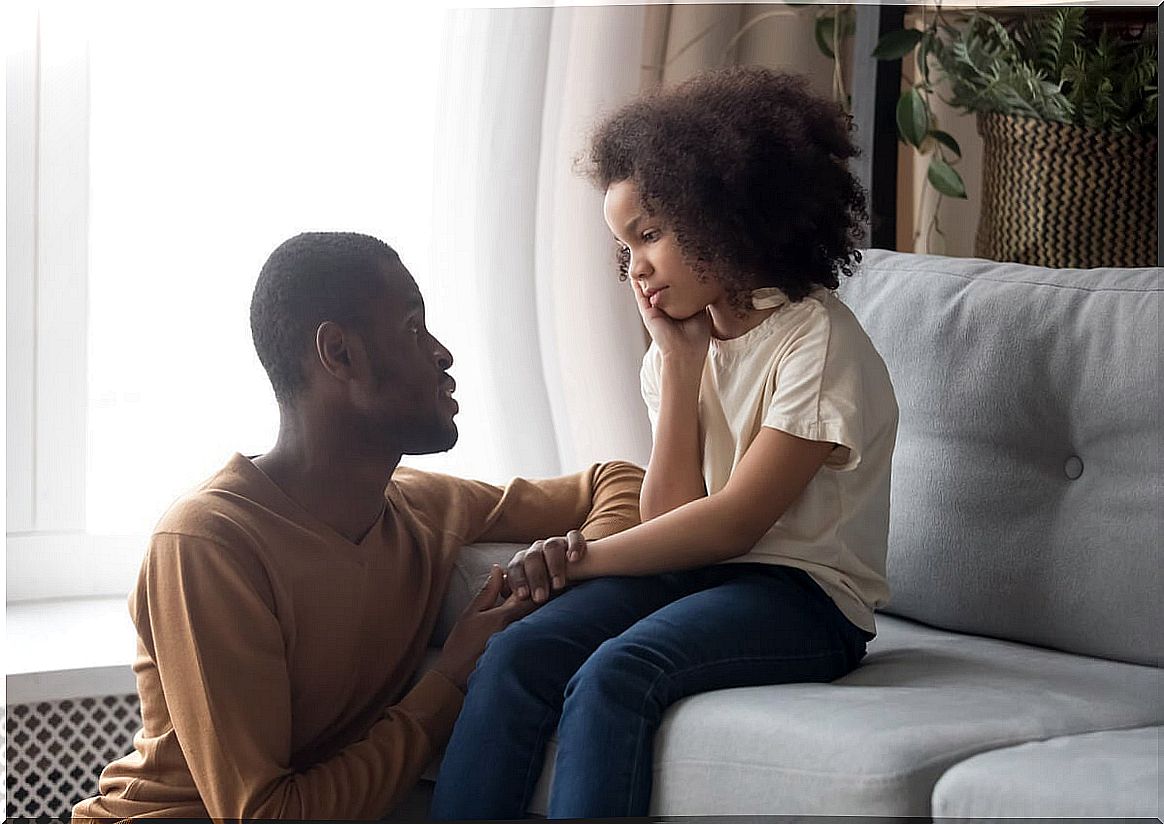
How to help the little ones?
Recovering lost habits in children is possible and even simple. To do this, they need our constant support. Therefore, once they know that we are by their side, we will give them peace of mind, help, emotional management and good examples.
If we want to recover lost habits in children, remember, the best example is ourselves. By adapting these keys to each age, being coherent and acting from an emotional balance point of view, nothing should be able to escape from our hands so that the little ones can improve in this regard.

